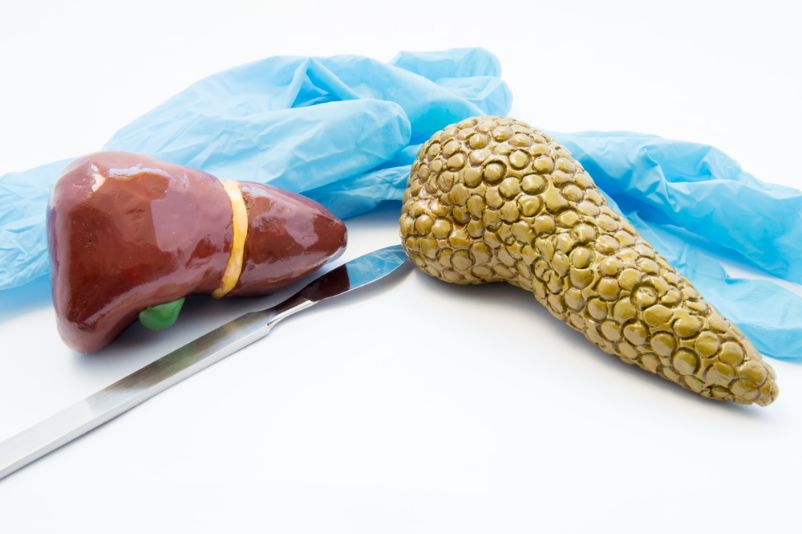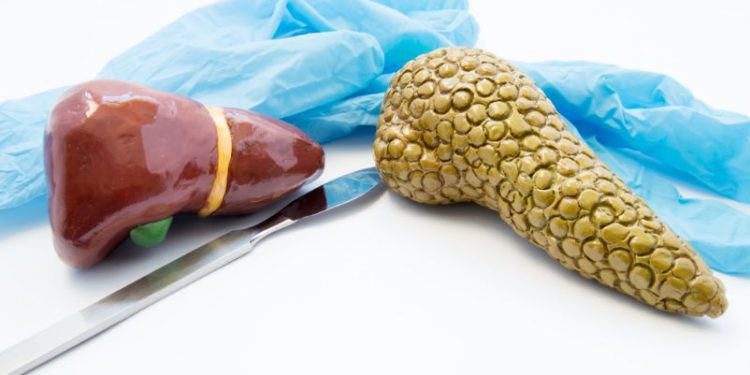Portal hypertension is abnormally high blood pressure in the portal vein, which carries nutrient-rich blood from the intestines to the liver. It can lead to many symptoms, including a swollen abdomen (ascites), abdominal discomfort, confusion, and bleeding in the digestive tract. The condition is most often due to cirrhosis of the liver, which causes scar tissue to build up in the veins that carry blood to the liver. Other conditions that can cause portal hypertension include a blood clot, blockages of the veins in the liver, an infection called schistosomiasis and focal nodular hyperplasia, a condition caused by a disease that affects the immune system.
Portal Hypertension Symptoms
The first symptom of portal hypertension is gastrointestinal bleeding. You may see black, tarry stools or feel sick because of a buildup of fluid in your stomach (ascites). Some people experience vomiting blood or become forgetful and confused.
Your doctor can diagnose portal hypertension with a physical exam and blood tests. They will also check your kidney and spleen function. They might do an imaging test, such as a CT or ultrasound scan, to look at your liver and blood flow.
Other tests can help your healthcare provider find out what’s causing the portal hypertension and assess your risk for internal bleeding. These tests might include a complete blood count, a metabolic panel and a liver biopsy.

Gastrointestinal Bleeding
When a person has portal hypertension, the increased blood pressure in the veins that carry blood to the esophagus and stomach may cause large varices to form. These are fragile and bleed easily. In extreme cases, the varices can burst and cause life-threatening bleeding.
Varices can also occur in your lungs, kidneys and other parts of the body. Your healthcare provider might check for varices using an endoscope, a long tube with a camera at the end that lets your doctor examine your esophagus, stomach and duodenum. They may insert special tools to stop bleeding or take a sample of the fluid to check for cancer cells.
Enlarged Organs and Veins
As a result of the high blood pressure, new veins in your stomach, esophagus, lungs and other organs may develop. These new vessels can be enlarged, twisted, or swell and may eventually burst under the added pressure of portal hypertension.
The enlarged veins may look like spider webs or clusters of black strands. They might be painful or swollen and can cause chest pain and trouble breathing.
Loss of appetite, weight loss and malnutrition are other possible portal hypertension symptoms. This can be a sign of a dietary deficiency that may be treated with medications or other therapies.
In severe cases, a shunting procedure may be needed to relieve the pressure on the portal vein and redistribute the blood flow. This may be done through a catheter or with surgery.
Shunting procedures are not always necessary and can be dangerous if you have advanced liver disease, such as cirrhosis. In such cases, a liver transplant might be necessary.









